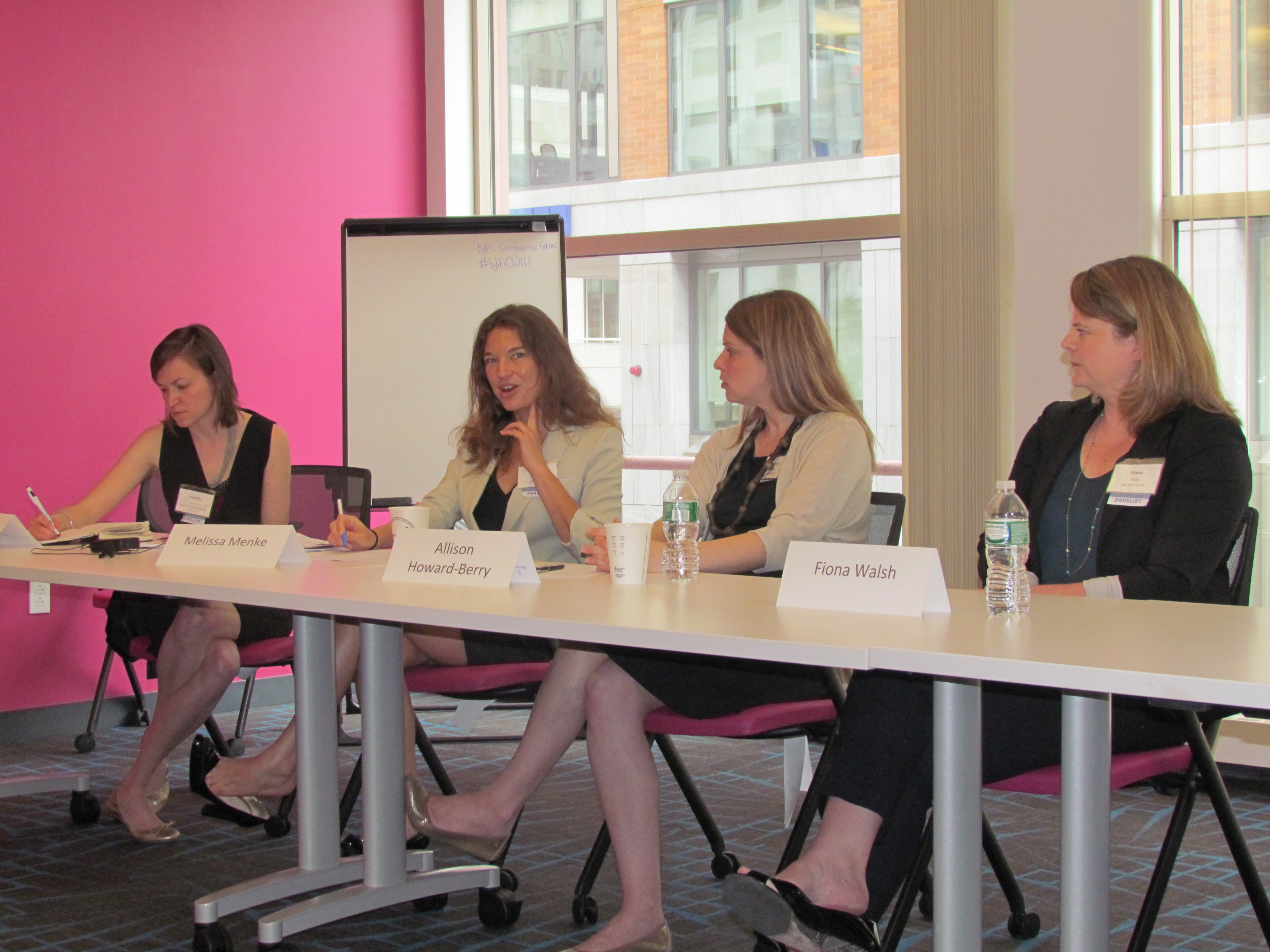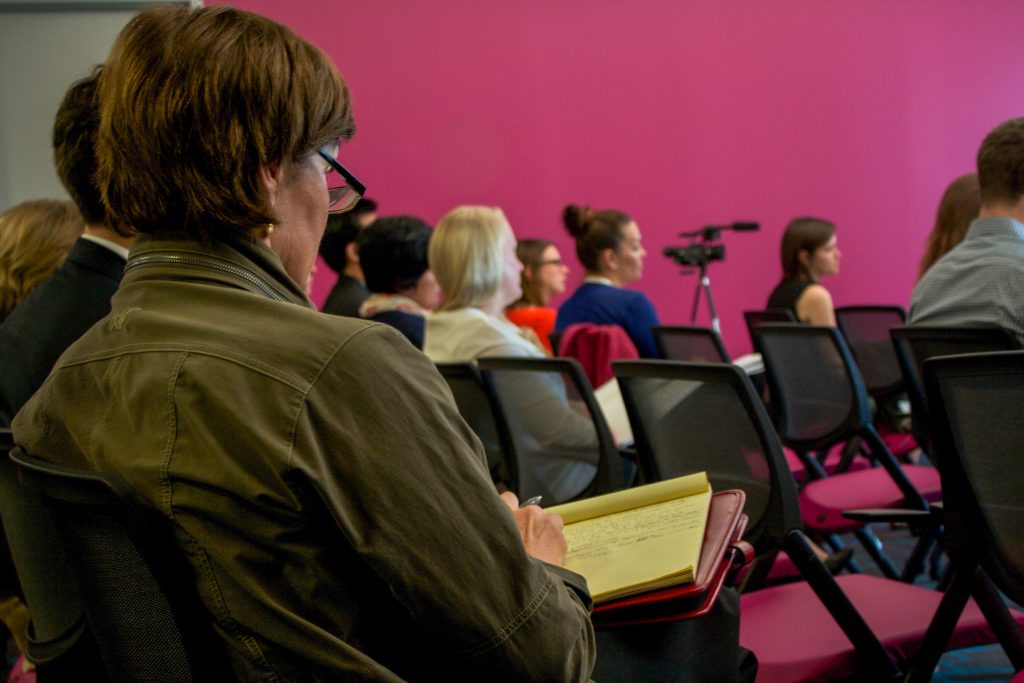How do organizations deliver high-quality primary care that remains affordable and accessible to the poor while operating with a long-term plan for financial success? What role do donors and social impact investors play in supporting sustainable and market-based solutions to global issues?
Earlier this month, C2C, CHMI, and Eliza Petrow, Senior Advisor at JC Flowers Foundation and World Education, welcomed more than 40 panelists and guests gathered in Boston for a two-part discussion of these questions and more.
Part I of the discussion, led by Donika Dimovska of CHMI, focused on the importance of primary care worldwide, and highlighted pressing priorities for health care providers. Donika emphasized sharing of best practices through vehicles like CHMI’s Primary Care Collaborative and CHMI’s Primary Care Innovators Handbook (in which C2C is featured).
 Donika and panelists, Allison Howard-Berry of C2C, Melissa Menke of Access Afya, and Fiona Walsh of Last Mile Health, spoke at length about the importance of primary care within health systems worldwide and the importance of finding appropriate and sustainable funding streams, including revenue from patient fees. In this way, organizations can ensure their ability to continue providing care to poor families without the risks that come with fully-philanthropic funding.
Donika and panelists, Allison Howard-Berry of C2C, Melissa Menke of Access Afya, and Fiona Walsh of Last Mile Health, spoke at length about the importance of primary care within health systems worldwide and the importance of finding appropriate and sustainable funding streams, including revenue from patient fees. In this way, organizations can ensure their ability to continue providing care to poor families without the risks that come with fully-philanthropic funding.
Part II of the discussion showcased the potential for donor and investor involvement in supporting market-based solutions to poverty internationally and domestically. Moderator, Anne Stetson, of the FXB Center for Health and Human Rights at the Harvard T.H. Chan School of Public Health, spoke with panelists, Maggi Alexander of the Philanthropic Initiative, Tom Haslett of Central Square Foundation, Susan Musinsky of the Social Innovation Forum, and Ambassador (ret.) John Simon of Total Impact Capital.
Panelists emphasized trends over the last decade in building market-based solutions to  solve some of the world’s most pressing issues: access to health care, financial inclusion, education inequality, and inadequate housing. They discussed philanthropic approaches to solving challenges – how one might apply philanthropic capital to encourage market-based solutions, thereby fueling real and lasting change.
solve some of the world’s most pressing issues: access to health care, financial inclusion, education inequality, and inadequate housing. They discussed philanthropic approaches to solving challenges – how one might apply philanthropic capital to encourage market-based solutions, thereby fueling real and lasting change.
C2C thanks CHMI and all the panelists for sharing this great learning experience with Boston!
